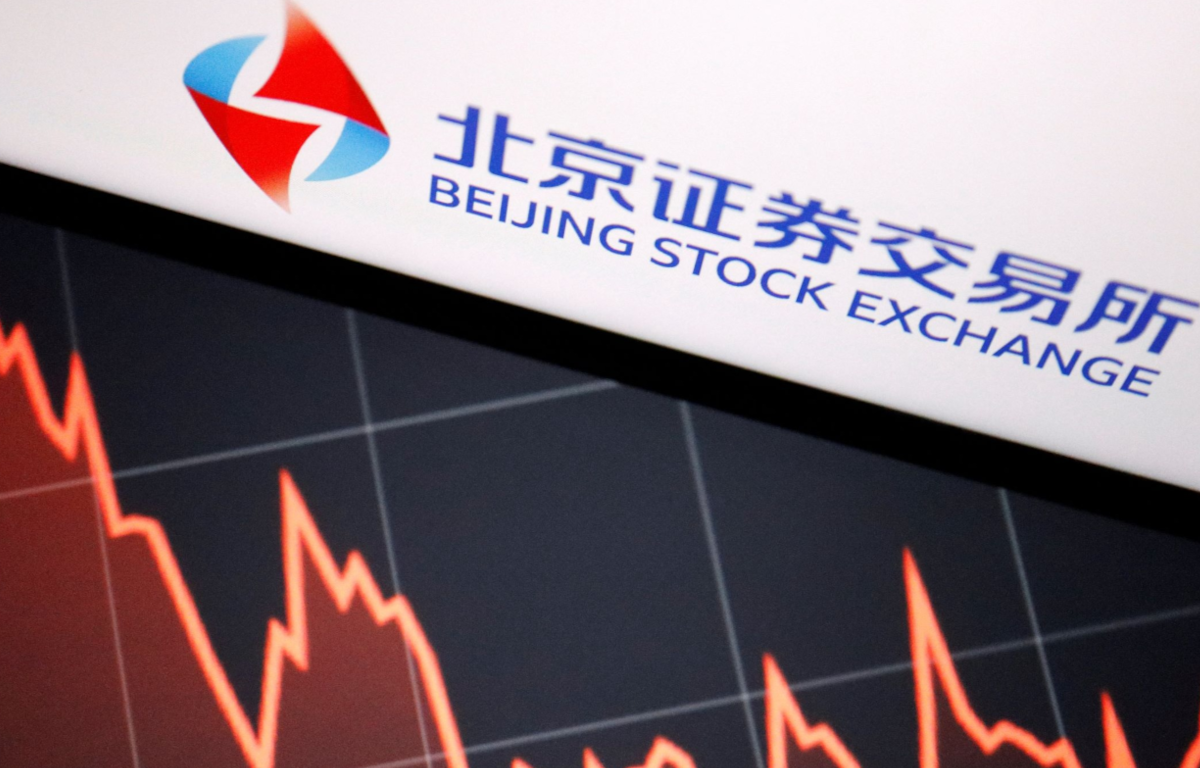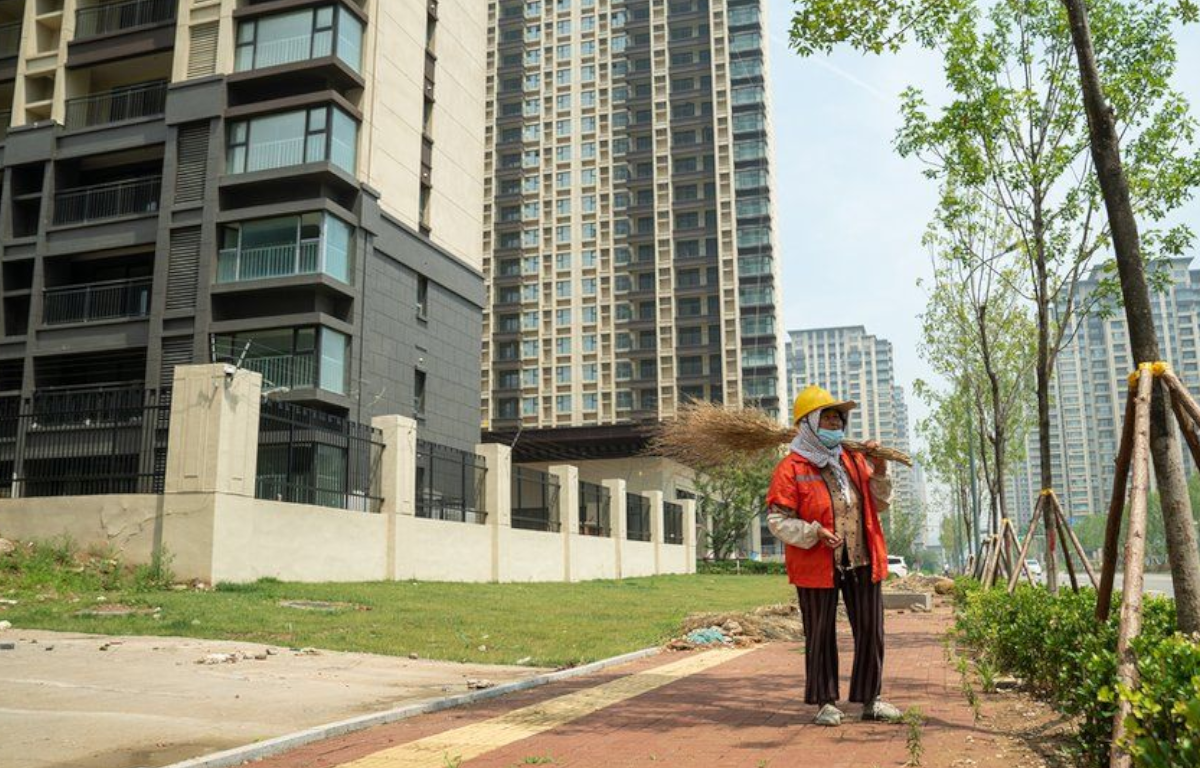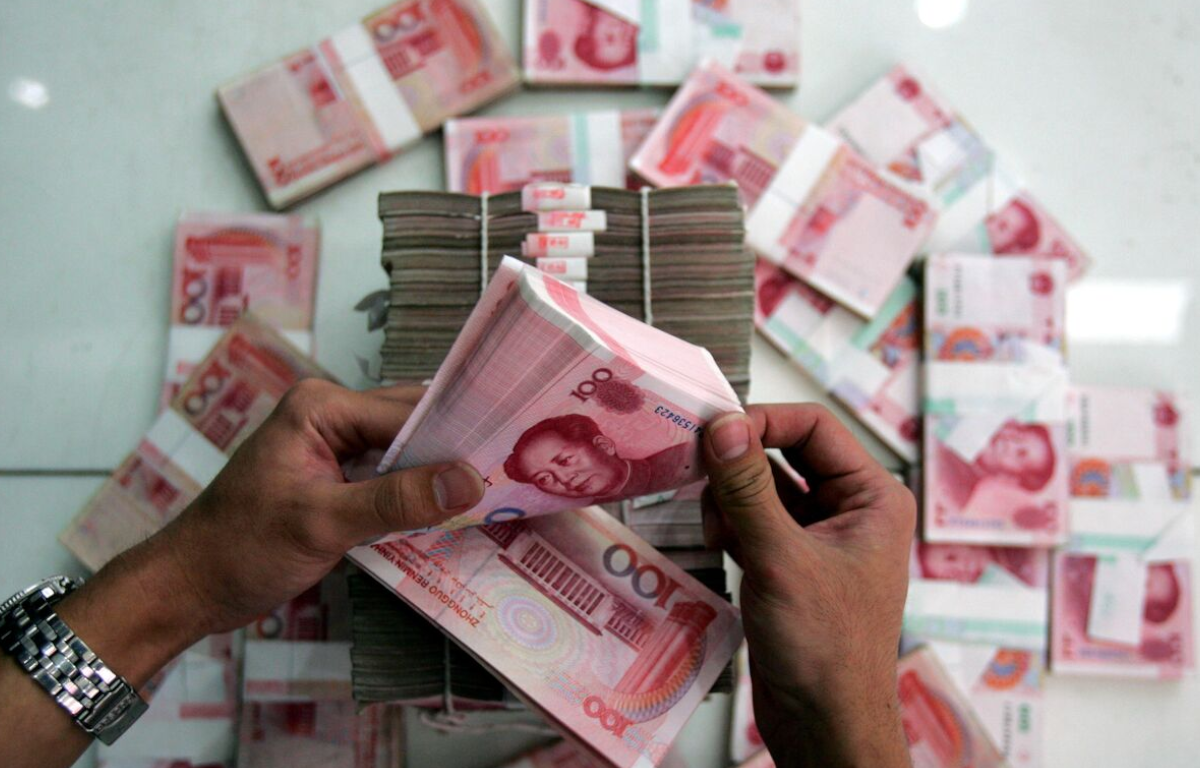
Despite expectations of a potential rebound following a period of slowdown, indicators suggest that the market remains subdued, raising concerns about the broader economic implications.
One of the primary factors contributing to the sluggishness in China’s property market is the ongoing regulatory scrutiny and policy adjustments. Authorities have implemented measures to curb speculative investment, control property prices, and prevent excessive borrowing, aiming to foster a more stable and sustainable real estate sector. However, these efforts have also dampened investor sentiment and contributed to a cooling effect on market activity.
Data from the early months of the new year indicate that property sales and investment have not shown the anticipated signs of revival. Both residential and commercial segments of the market continue to experience muted demand, with buyers adopting a cautious approach amid economic uncertainties and regulatory changes. This trend has translated into reduced transaction volumes and slower growth in property investment.
The performance of China’s property market is closely intertwined with its overall economic health. A slowdown or stagnation in the property sector can have far-reaching implications, affecting industries such as construction, manufacturing, and real estate-related services. It can also influence consumer confidence, household wealth, and investment decisions, impacting broader economic activity and growth prospects.
Chinese authorities have implemented a range of policies aimed at stabilizing the property market and addressing systemic risks. These include measures to control leverage, promote affordable housing, and regulate the behavior of real estate developers and investors. While these policies are intended to foster a healthier market environment, they have also contributed to a period of adjustment and recalibration for industry participants.
The subdued performance of China’s property market has led to mixed sentiments among investors and industry stakeholders. Some remain cautious, citing ongoing uncertainties and the need for sustained policy support to stimulate demand and investment. Others express optimism about the potential for gradual improvement as market conditions stabilize and confidence returns.
The dynamics of China’s property market are closely watched not only within the country but also globally, given its significant role in the global economy. Changes in property prices, investment trends, and regulatory policies in China can have spillover effects on international markets, particularly in sectors with strong linkages to real estate, such as commodities, construction materials, and financial services.










Share this: